Log in
Statistics
We have 484 registered usersThe newest registered user is mark5
Our users have posted a total of 48862 messages in 7215 subjects
THAT’S ENTERTAINMENT
CLICK ON ANY OF THESE LINKS TO FIND OUR EXTREME ENTERTAINMENT
UPDATED :
71 WGT TUTORIALS & 32 YOUNG46 TUTORIALS
CLICK HERE TO SEE OVER 100 YOUTUBE VIDEO TUTORIALS . FROM WGTers , WGT & YOUNG46 FORUM UPDATE
TO THE MANY WELCOME GUESTS . THIS FORUM IS NO LONGER A COUNTRY CLUB WEBSITE FOR A WGT COUNTRY CLUB . PLEASE FEEL FREE TO READ THE FORUMS.
THERE ARE MANY TOPICS OF INTEREST . OR NOT . THIS WEBSITE IS AN INFORMATION AND ENTERTAINMENT WEBSITE ONLY .
MUCH OF THE CONTENT IS ARCHIVES OF PURPOSES PAST .
THERE ARE SOME MORE CURRENT TOPICS .
REGISTRATION IS NOT NECESSARY TO READ THROUGHOUT .
REGISTRATION IS EASY AND FREE . THIS IS AN AD FREE WEBSITE . NOTHING IS EVER REQUESTED FROM REGISTERED MEMBERS .
REGISTRATION ENABLES COMMENTING ON TOPICS . POSTING NEW TOPICS . FULL ACCESS TO THE WEBSITE IMAGE HOST . WHICH IS A VERY COMPLETE AND CONVENIENT TOOL .
PLEASE ENJOY .
TIER & AVERAGE REQUIREMENTS
BASIC LEVEL AND AVERAGE REQUIREMENTS , AND SATURATION

WHILE YOUR HERE
WHILE YOUR HERE :
CHECK OUT THE INCREDIBLE PHOTOGRAPHY IN
MY SERIES
THIS USED TO BE THE HOME OF OUR WORLD CLOCK . WHICH CAN NOW BE FOUND IN ITS OWN FORUM ON THE MAIN PAGE ..
THERE ARE MORE WORLD CLOCKS INSIDE HERE .
WORLD CLOCK
FB Like
HISTORY FACTS * Where our swear words come from *
Page 1 of 1
 HISTORY FACTS * Where our swear words come from *
HISTORY FACTS * Where our swear words come from *
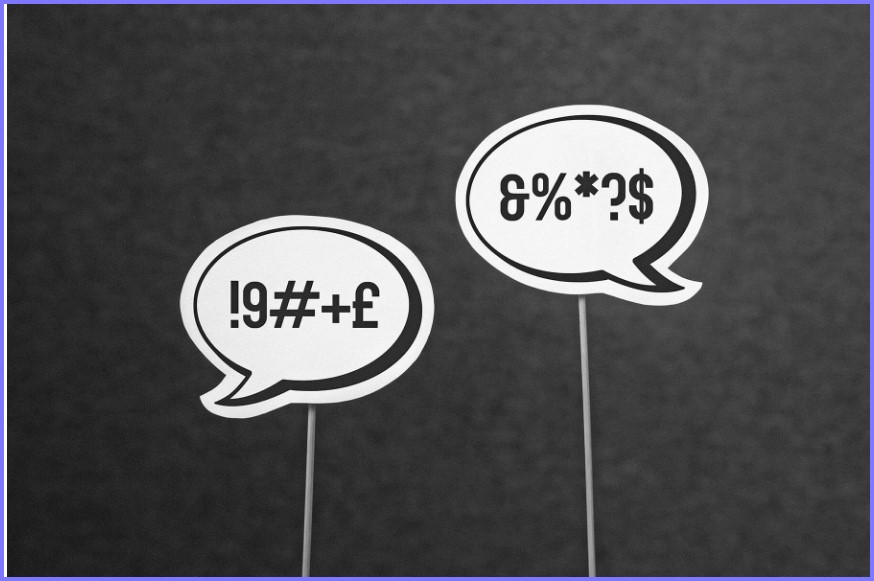
Gadzooks! A Brief History of Curse Words
Well, shoot: Curse words have been through a lot of doggone stages to get to where they are today. [url=https://www.babbel.com/en/magazine/why-do-we-swear#:~:text=For a word to qualify,meant to be spoken either.]Mark Twain[/url] once said that “under certain circumstances, profanity provides a relief denied even to prayer,” and people have been swearing as long as they’ve been praying. What is considered “cursing” or “swearing” has always depended on what was taboo at that point in time, whether it be blasphemous or simply crude. These off-limits words and topics have shifted over time, too. Here’s a brief look at the history of cursing, from A to Z… or “arse” to “zounds!”
Advertisement
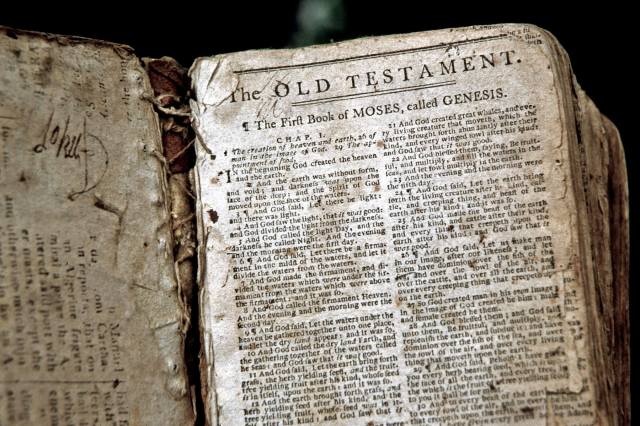
Why do we call forbidden terms “curse” or “swear” words? It’s likely the English terms evolved from the Bible, where “swearing” was sometimes used to refer to false promises or lies, such as when someone claims to do something that is not possible. These were considered vain oaths, and this “swearing” would sometimes be made in God’s name. Some of the earliest expletives were phrases referencing religion, such as “by God’s bones,” “God’s nails,” or really anything to do with God that wasn’t a literal and sincere oath.
Frequently, curse words originated from the combination of two or more taboo words pushed together in a way that obscured the literal meaning, creating a new slang term in the process. For instance, “gadzooks” was a curse used in place of “God’s hooks,” and by the 1600s, the word “zounds” — a shortening of “God’s wounds” — appeared in William Shakespeare’s Othello and [url=https://www.folger.edu/explore/shakespeares-works/king-john/reading-shakespeares-language-king-john/#:~:text=In the opening scenes of,of Shakespeare's plays you read.]King John[/url]. In the 19th century, people in Ireland used “bejabbers” as a way to get around saying “by Jesus.”

The phrase “four-letter word” was first used as a euphemism for swear words in the 1920s, and for good reason: Of the approximately 84 commonly used American English swear words, 29 of them have four letters, including some of the most popular. “Damn,” for instance, appeared as a verb as early as the 13th century, meaning “to condemn,” and was used as an exclamation starting in the 17th century.
The “F-word,” meanwhile, was preceded by a different four-letter word in the 10th century: “[url=https://www.medievalists.net/2013/11/by-gods-bones-medieval-swear-words/#:~:text=Sard,used to describe having sex.]sard[/url],” which described the same intimate act. The common myth that today’s F-word derived from an acronym, either “fornication under consent of the king” or “for unlawful carnal knowledge,” is untrue. Instead, the expletive may come from the Middle Dutch “fokken,” Norwegian “fukka,” or Swedish “focka,” all of which mean several things, including “to copulate.” Another theory supported by the Dictionary of Slang and Unconventional English and The Roots of English: A Reader's Handbook of Word Origin tracks the word back to the Indo-European term “peuk,” meaning “to prick.” According to the Oxford English Dictionary, the first recorded use of the modern F-bomb was in 1503, in a Scottish poem, though the word was likely used even earlier. In 1965, the F-word became an official part of the English lexicon when it was included in The Penguin Dictionary.
Related:Revealing Facts About 5 Celebrated Painters
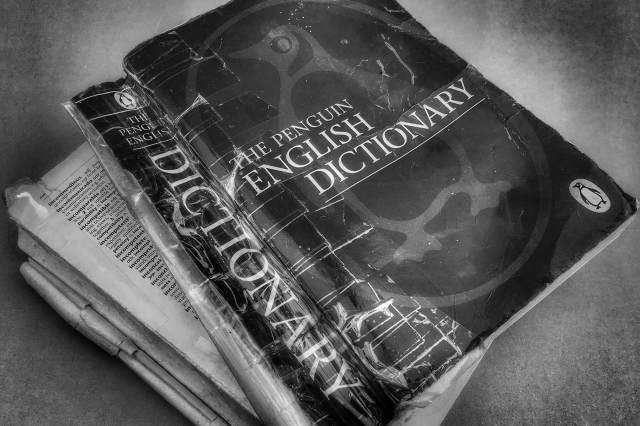
The four-letter word beginning with “sh” has had several meanings through the years. According to the Old English Dictionary, it was used to mean “an obnoxious person” starting in 1508, although the early version of the word wasn’t four letters; it began as the Old English curse “scite.” In Latin, “scite” means a very different thing: shrewdly, cleverly, or skillfully. By 1934, when it was used in Henry Miller’s novel Tropic of Cancer, the modern, four-letter version of the word had evolved to essentially mean “stuff,” regardless of quality.

By the 20th century, the explosion of mass media brought curse words to the mainstream. Filmmakers even had to fight to get the now-classic line “Frankly, my dear, I don’t give a damn” into Gone With the Wind. Producer David O. Selznick told regulators, “This word as used in the picture is not an oath or a curse. The worst that could be said of it is that it’s a vulgarism.”
Comedian Lenny Bruce was arrested multiple times in the 1960s for “obscenity” for using explicit language, and in 1972, George Carlin was arrested for performing his “[url=https://interviews.televisionacademy.com/news/the-seven-dirty-words-that-got-george-carlin-arrested#:~:text=Forty years ago today%2C on,at Summerfest in Milwaukee%2C Wisconsin.]Seven Dirty Words You Can’t Say on Television[/url]” act, even though he wasn’t on television at the time (he was performing at Summerfest in Milwaukee, Wisconsin). A year later, Carlin’s routine was played on the radio, which led to a series of court cases about what language should be banned from broadcast radio and TV. In 1999, the CBS series Chicago Hope brought the first scripted curse word to network TV when actor Mark Harmon said “[url=https://www.metv.com/lists/9-firsts-that-changed-the-television-industry#:~:text=First scripted curse word %2D "Chicago,an episode of Chicago Hope.]sh** happens[/url].” (Prior to this, swearing on TV was limited to cable television.) Today, the film industry’s Classification and Rating Administration decides just how many of those naughty words it takes to add up to an R-rating.
Advertisement

Photo credit: [url=https://www.gettyimages.com/search/photographer?photographer=Robert Alexander]Robert Alexander[/url]/ Archive Photos via Getty Images
The Original Curse
Why do we call forbidden terms “curse” or “swear” words? It’s likely the English terms evolved from the Bible, where “swearing” was sometimes used to refer to false promises or lies, such as when someone claims to do something that is not possible. These were considered vain oaths, and this “swearing” would sometimes be made in God’s name. Some of the earliest expletives were phrases referencing religion, such as “by God’s bones,” “God’s nails,” or really anything to do with God that wasn’t a literal and sincere oath.
Frequently, curse words originated from the combination of two or more taboo words pushed together in a way that obscured the literal meaning, creating a new slang term in the process. For instance, “gadzooks” was a curse used in place of “God’s hooks,” and by the 1600s, the word “zounds” — a shortening of “God’s wounds” — appeared in William Shakespeare’s Othello and [url=https://www.folger.edu/explore/shakespeares-works/king-john/reading-shakespeares-language-king-john/#:~:text=In the opening scenes of,of Shakespeare's plays you read.]King John[/url]. In the 19th century, people in Ireland used “bejabbers” as a way to get around saying “by Jesus.”

Photo credit: [url=https://www.gettyimages.com/search/photographer?photographer=Catherine Falls Commercial]Catherine Falls Commercial[/url]/ Moment via Getty Images
The Rise of the Four-Letter Word
The phrase “four-letter word” was first used as a euphemism for swear words in the 1920s, and for good reason: Of the approximately 84 commonly used American English swear words, 29 of them have four letters, including some of the most popular. “Damn,” for instance, appeared as a verb as early as the 13th century, meaning “to condemn,” and was used as an exclamation starting in the 17th century.
The “F-word,” meanwhile, was preceded by a different four-letter word in the 10th century: “[url=https://www.medievalists.net/2013/11/by-gods-bones-medieval-swear-words/#:~:text=Sard,used to describe having sex.]sard[/url],” which described the same intimate act. The common myth that today’s F-word derived from an acronym, either “fornication under consent of the king” or “for unlawful carnal knowledge,” is untrue. Instead, the expletive may come from the Middle Dutch “fokken,” Norwegian “fukka,” or Swedish “focka,” all of which mean several things, including “to copulate.” Another theory supported by the Dictionary of Slang and Unconventional English and The Roots of English: A Reader's Handbook of Word Origin tracks the word back to the Indo-European term “peuk,” meaning “to prick.” According to the Oxford English Dictionary, the first recorded use of the modern F-bomb was in 1503, in a Scottish poem, though the word was likely used even earlier. In 1965, the F-word became an official part of the English lexicon when it was included in The Penguin Dictionary.
Related:Revealing Facts About 5 Celebrated Painters

Photo credit: Clynt Garnham / Stockimo/ Alamy Stock Photo
The four-letter word beginning with “sh” has had several meanings through the years. According to the Old English Dictionary, it was used to mean “an obnoxious person” starting in 1508, although the early version of the word wasn’t four letters; it began as the Old English curse “scite.” In Latin, “scite” means a very different thing: shrewdly, cleverly, or skillfully. By 1934, when it was used in Henry Miller’s novel Tropic of Cancer, the modern, four-letter version of the word had evolved to essentially mean “stuff,” regardless of quality.

Photo credit: [url=https://www.gettyimages.com/search/photographer?photographer=Dick Loek]Dick Loek[/url]/ Toronto Star via Getty Images
Swearing Goes to Hollywood
By the 20th century, the explosion of mass media brought curse words to the mainstream. Filmmakers even had to fight to get the now-classic line “Frankly, my dear, I don’t give a damn” into Gone With the Wind. Producer David O. Selznick told regulators, “This word as used in the picture is not an oath or a curse. The worst that could be said of it is that it’s a vulgarism.”
Comedian Lenny Bruce was arrested multiple times in the 1960s for “obscenity” for using explicit language, and in 1972, George Carlin was arrested for performing his “[url=https://interviews.televisionacademy.com/news/the-seven-dirty-words-that-got-george-carlin-arrested#:~:text=Forty years ago today%2C on,at Summerfest in Milwaukee%2C Wisconsin.]Seven Dirty Words You Can’t Say on Television[/url]” act, even though he wasn’t on television at the time (he was performing at Summerfest in Milwaukee, Wisconsin). A year later, Carlin’s routine was played on the radio, which led to a series of court cases about what language should be banned from broadcast radio and TV. In 1999, the CBS series Chicago Hope brought the first scripted curse word to network TV when actor Mark Harmon said “[url=https://www.metv.com/lists/9-firsts-that-changed-the-television-industry#:~:text=First scripted curse word %2D "Chicago,an episode of Chicago Hope.]sh** happens[/url].” (Prior to this, swearing on TV was limited to cable television.) Today, the film industry’s Classification and Rating Administration decides just how many of those naughty words it takes to add up to an R-rating.
 Similar topics
Similar topics» HISTORY FACTS * The funniest presidential campaign slogans in history *
» HISTORY FACTS * The best history movies from 2023 *
» HISTORY FACTS * The loudest sound in history *
» HISTORY FACTS * History's most famous pets *
» HISTORY FACTS *How long was history's shortest war? *
» HISTORY FACTS * The best history movies from 2023 *
» HISTORY FACTS * The loudest sound in history *
» HISTORY FACTS * History's most famous pets *
» HISTORY FACTS *How long was history's shortest war? *
Page 1 of 1
Permissions in this forum:
You cannot reply to topics in this forum
 Events
Events






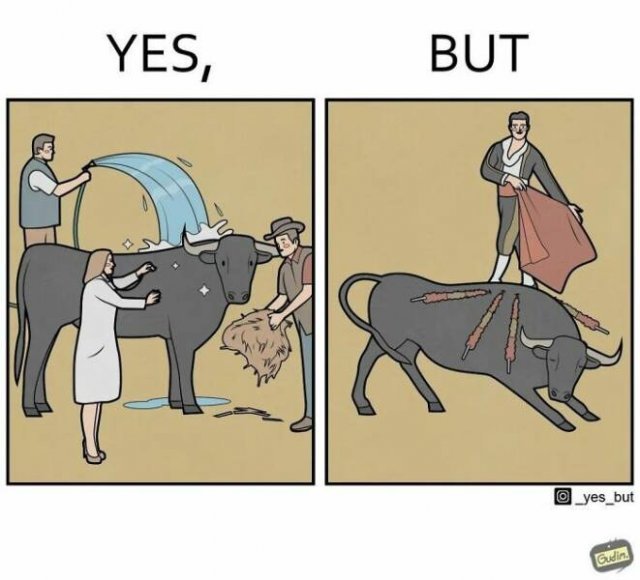
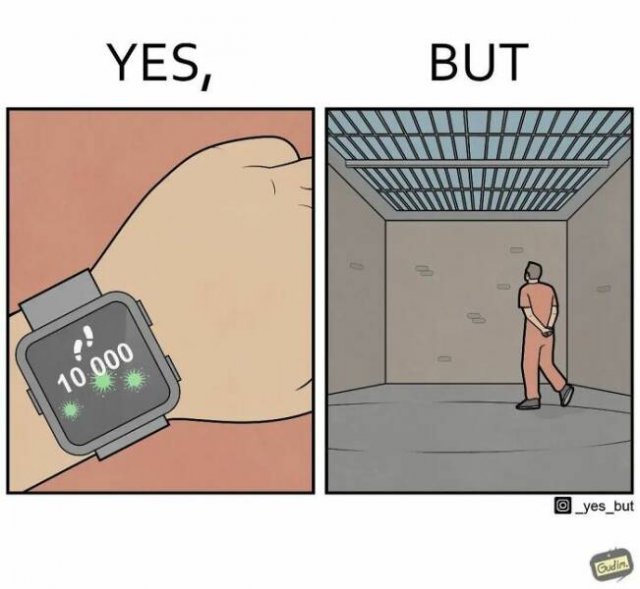

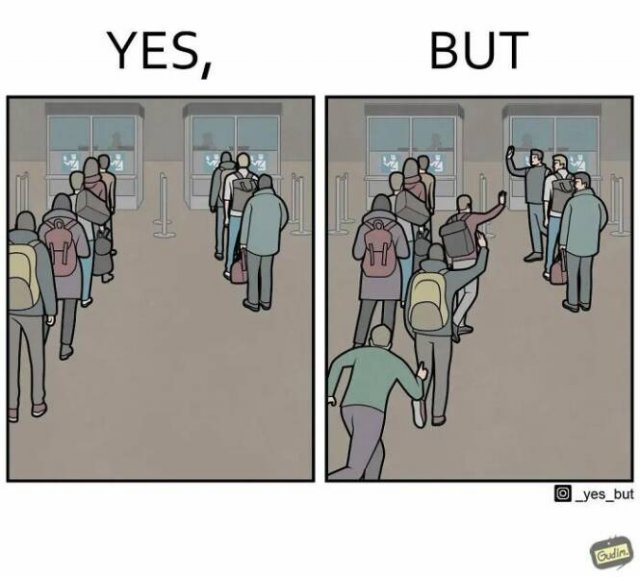


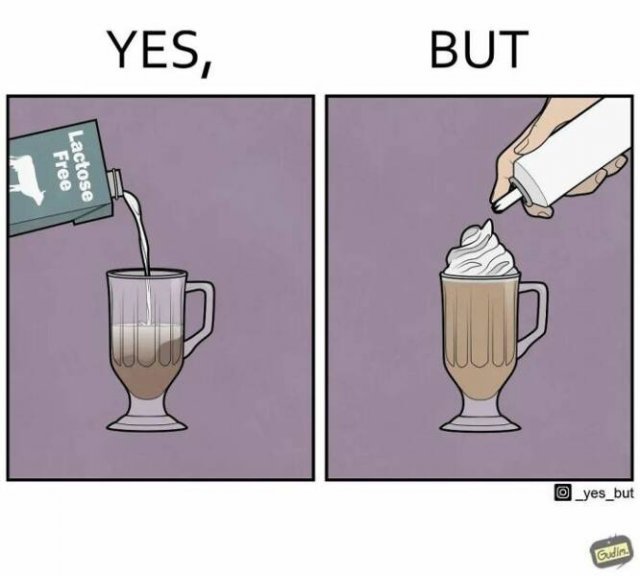
















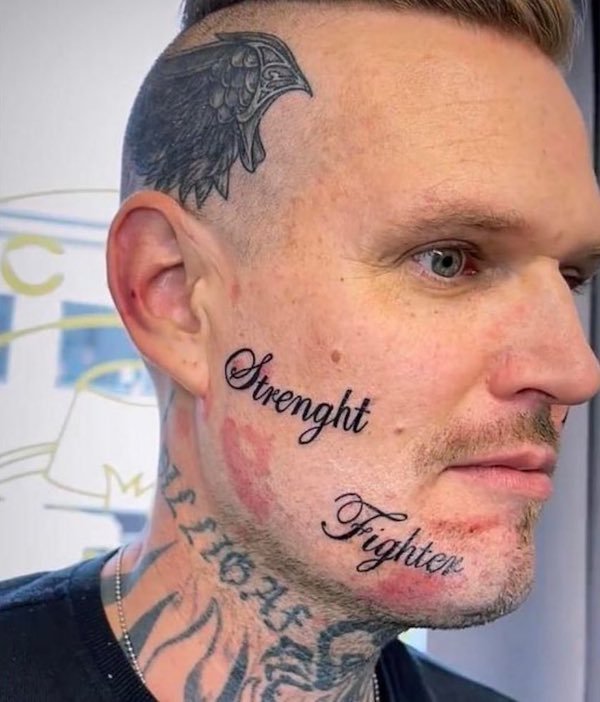







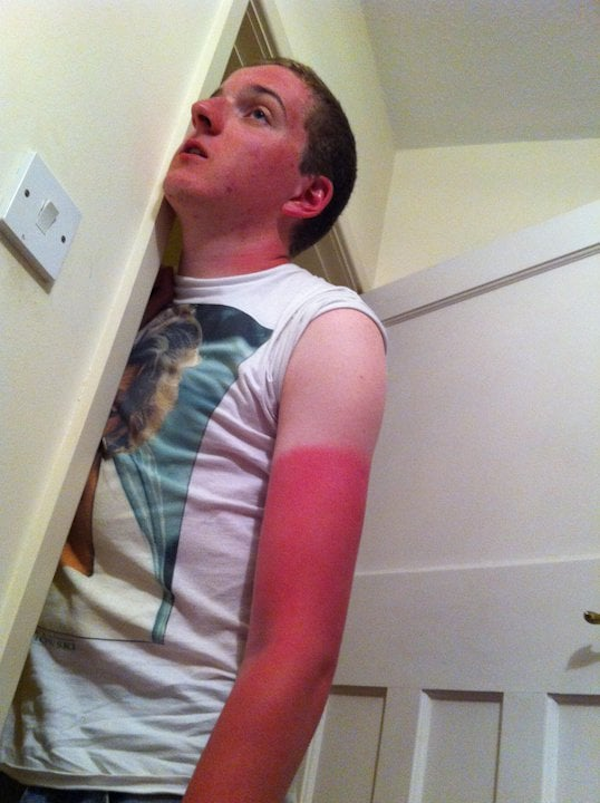






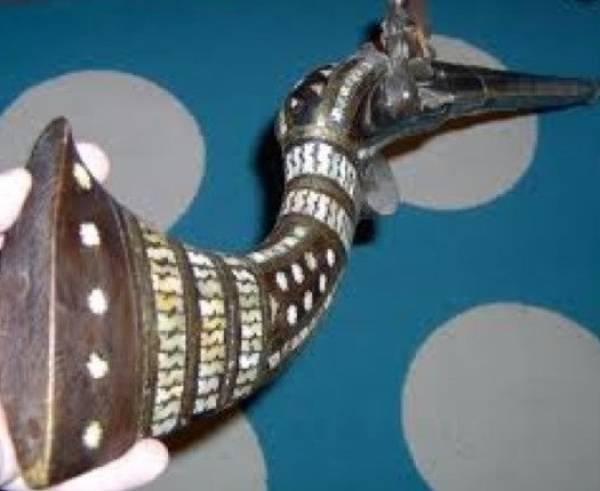
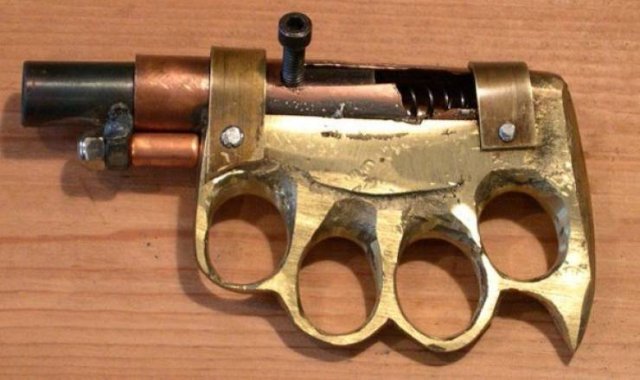
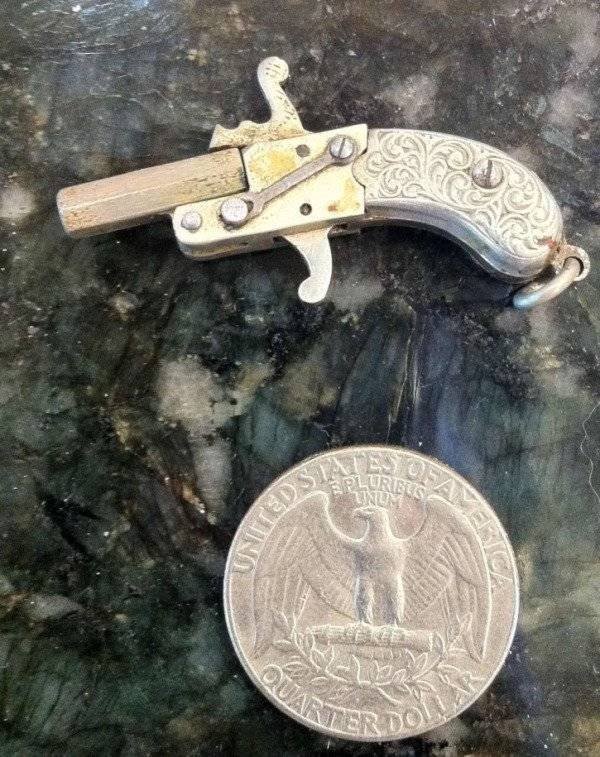
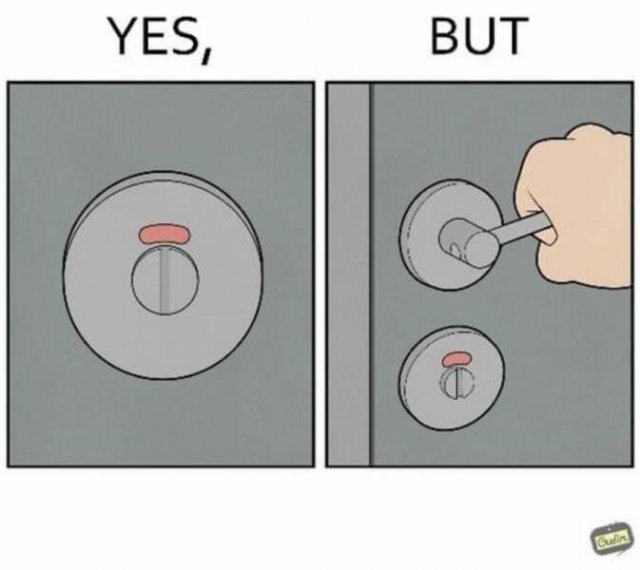

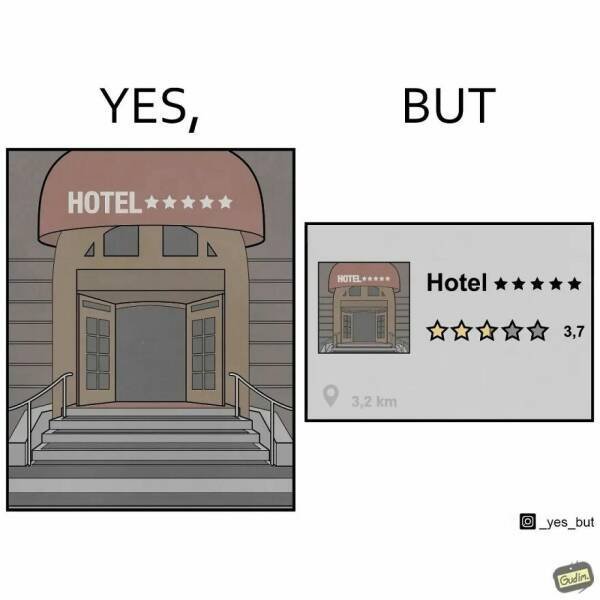




















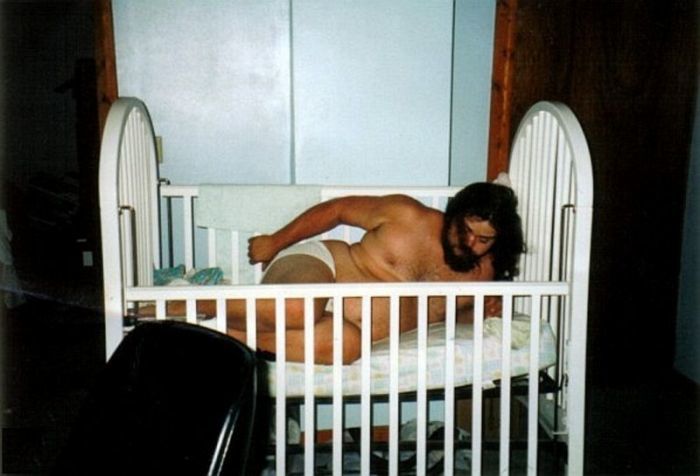



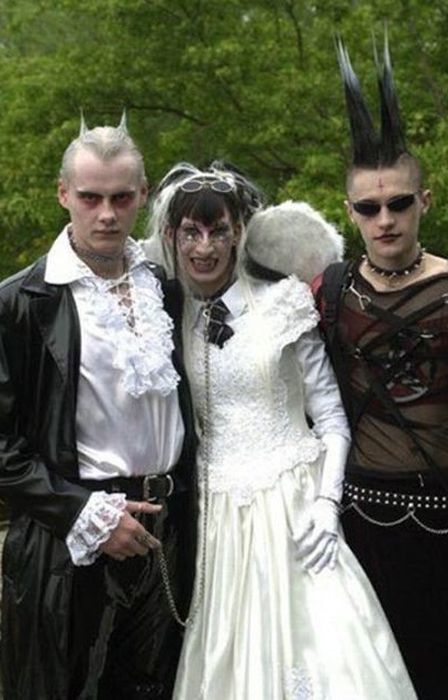








» *POPULAR CONTENTS* Valley of the SUN Official Newsletter
» Disneyland vacation
» WGT POETRY , QUOTES , MOMENTS , & MORE
» Word Genius Word of the day * Spindrift *
» Tales of Miurag #3 in Paperback Patreon Story in December!
» Download WhatsApp
» WORD DAILY Word of the Day: * Saponaceous *
» Word Genius Word of the day * Infracaninophile *
» THE TRUMP DUMP .....
» INTERESTING FACTS * How do astronauts vote from space? *
» WWE Crown Jewel is almost here! Don't miss the action LIVE today only on Peacock!
» NEW GUEST COUNTER
» Merriam - Webster Word of the day * ‘Deadhead’ *
» WWE Universe: Your Crown Jewel Broadcast Schedule has arrived!